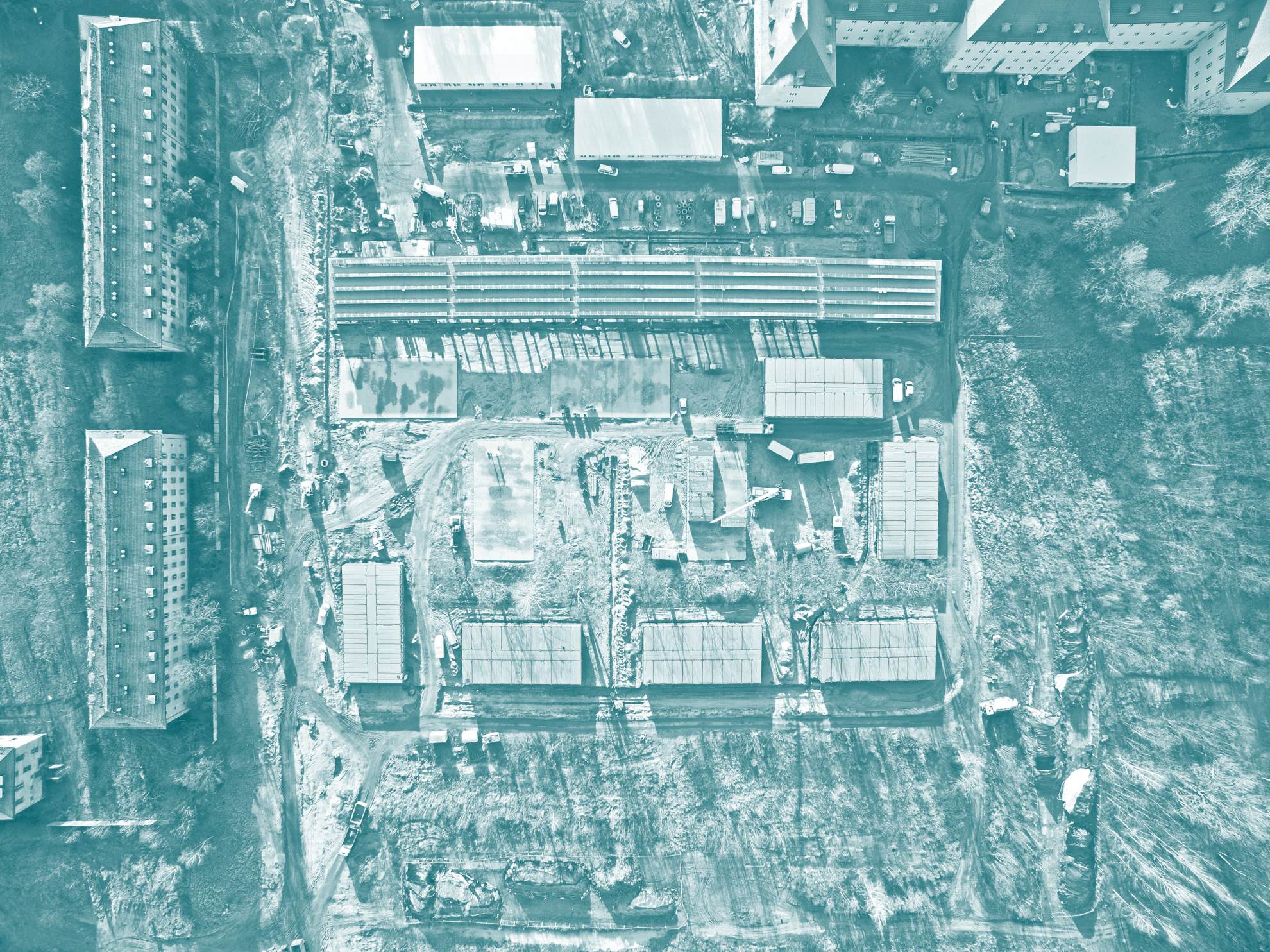17 June 2021 10:00 Colonial Building Networks
Colonial Enterprises and Urban Design in Africa: Transnational Knowledge, Local Agency and the Diamond Company of Angola (1917–1975)
Beatriz Serrazina (University of Coimbra)
During the “effective” occupation of Africa in the 20th century, European colonial powers relied on private companies as key tools of conquest. With an extensive “infrastructural power” (Mann, 1984), private companies controlled many aspects of everyday life, particularly through the construction of model company towns, workers’ villages, and representation buildings. The remote location of these settlements, often at borders, required the use of new techniques and urban solutions. Companies thus organized joint missions, with international experts who constantly travelled across colonial boundaries, resulting in a strong network of shared expertise and local knowledge that would have a great impact on the modernization of the landscape. As these enterprises became “bastions of modernity” in Africa (Cooper, 2004), they would frequently have a strong influence amidst other colonial agents.
This paper will address how private companies used urban planning and architectural design as central pieces in consolidating their power. The Diamond Company of Angola (Diamang), operating on the north-eastern border of the former colony of the Portuguese Empire, will be used as the main case study. Firstly, the prevailing mid-century “Tropical Modern” genealogies, which ignore wider modernizing processes that were already happening in the South since the 1920s (Chang and King, 2011), will be questioned. The role of locally trained drawers and builders will be then assessed as an important piece of the planning process and a crucial part in bridging the gap between colonialism and post-colonial memories and heritage discourses. Finally, this task further allows us to question how to read “against the grain” (Stoler, 2009) of the records produced by the companies, which more often than not left most of local agency in silence.
Beatriz Serrazina is a PhD student at the Centre for Social Studies of University of Coimbra (CES/III-UC) in the Patrimónios programme. She holds an MA in Architecture from FAUL (2016). Her research explores the role played by Diamang, a private mining company, in the production of space in Angola, covering its transnational connections and practices of colonization. Current research interests focus on architectural and planning history, colonial and post-colonial heritage, and circulation of knowledge. She is a research fellow in the project “ArchWar: Dominance and Mass Violence through Housing and Architecture During Colonial Wars: The Portuguese Case”, coordinated by Ana Vaz Milheiro. In 2016 she undertook a research trip to Angola, and in 2019 she co-organized the exhibition “Colonizing Africa: Reports on Colonial Public Works” in Lisbon. Publications include: “Crossed Cultures in Lunda, Angola: Diamang’s Urban Project and its Legacies”, TDSR, 31 (2) 2020; “Diamang’s Urban Project: Between the Peace of Versailles and the Colonial Act” (with Ana Vaz Milheiro) in Carlos Nunes Silva (ed.), Routledge Handbook of Urban Planning in Africa, 2020.
